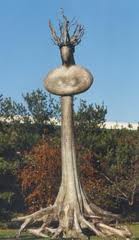Daily Wisdom: From the Holy of Holies: The Pain of Intimacy
From Shalom Mountain Wisdom School teaching by Dr. Marc Gafni. Transcribed by Adael Bullock.
Divinity is not only the infinity of power; divinity is the infinity of pain. It is the infinity of tears. Divinity at its core is the infinity of intimacy. The infinity of intimacy feels your pain and doesn’t relegate it to separate self. Is there part of your pain and my pain and all of our pain that comes from an obsessive grasping in the realm of separate self? Of course. Is that unnecessary pain? Of course. And can we liberate from that pain by awakening? Of course. That doesn’t end the story of pain. That ends the unnecessary pain in the world. But then, there is the legitimate and the real pain that comes with being incarnate. That is where the Christ consciousness got it better than the Buddhist consciousness. The Christ consciousness didn’t say there is no pain; the Christ consciousness said, I die for your sins. That is a very different move. That is not the same spiritual move. One is, “life is suffering” because your mind is fucked up, so unfuck your mind, and you will not suffer – the 4 Noble Truths. The second is, suffering is so fucking intense, there is nothing you can do, so I am going to die for you.
The real way to integrate it is you bring both together. This is gorgeous. The world spirituality ninja move is, on the one hand, True Self. You actually realize True Self, and you know that you can deconstruct the illusion of a grasping separate self as being the fullness of your identity and actually realize your identity as True Self, as Christ awake and alive in you. When Christ awakens and lives in you, then you participate in the infinity of intimacy. You become Christ. As you awaken, you take the pain and joy of the world unto you, your own pain recedes. As you awaken as Christ, you don’t awaken as a neutral True Self, you awaken as Christ, you awaken with your own ability to feel the infinite pain and joy of the world. When you reach out to hold someone’s hand, your own suffering recedes. You wake up.
You wake up–not as No Self. You wake up as Christ, as a living, breathing, pulsing source of divine love and compassion, radical empathy, radical intimacy, radical caring, radical eros, awake, alive in you, and you feel AS Elijah, AS Bodhisattva, the full pain, joy and grace of the world coursing through you. And all of a sudden, your own wounds, they are in this much larger context. You own wounds, the fact that your father abused you, and your mother did not let you leave the light on by the bed is all real. When you actually take those wounds into the larger context of your own Christ consciousness, those wounds assume a different place, and they begin to melt, to dissipate, in the infinite Christ consciousness that is awake and alive in you.
Quote transcribed and edited by Adael Bullock from the 2013 Shalom Mountain Wisdom School.




 “Mystic philosopher Teillhard de Chardin writes, ‘The farther we penetrate into matter by means of increasingly powerful methods – the more we are overawed by the interdependence of all the parts.’ In the beautiful image of Mahayana Buddhism, speaking accurately for the Kabbalah as well, the universe can be likened to a vast net of jewels–the reflection from one jewel contained in each. In the words of Isaac of Homil, and countless Hebrew mystics over the ages downing whiskey in European shtetls or running ecstatically through Jerusalem’s ancient streets, ‘Alt is Gud v’Gud ist Alt — All is God and God is All!’
“Mystic philosopher Teillhard de Chardin writes, ‘The farther we penetrate into matter by means of increasingly powerful methods – the more we are overawed by the interdependence of all the parts.’ In the beautiful image of Mahayana Buddhism, speaking accurately for the Kabbalah as well, the universe can be likened to a vast net of jewels–the reflection from one jewel contained in each. In the words of Isaac of Homil, and countless Hebrew mystics over the ages downing whiskey in European shtetls or running ecstatically through Jerusalem’s ancient streets, ‘Alt is Gud v’Gud ist Alt — All is God and God is All!’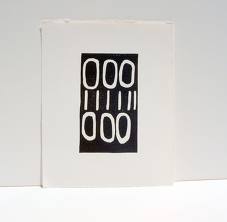 The Hebrew phrase or koan of “loosen the reins” is too wonderful not to share with you. “Harpeh et HaMoshchot.” Harpeh, meaning “loosen,” is also the word for heal. There is something powerfully healing in letting go of the tightness – loosening the fixities. The word for reins, moshchot, also means attraction or desires. Let your desires breathe; your deepest attractions are wise. Listen to them.
The Hebrew phrase or koan of “loosen the reins” is too wonderful not to share with you. “Harpeh et HaMoshchot.” Harpeh, meaning “loosen,” is also the word for heal. There is something powerfully healing in letting go of the tightness – loosening the fixities. The word for reins, moshchot, also means attraction or desires. Let your desires breathe; your deepest attractions are wise. Listen to them.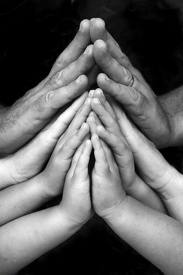 The practice of prayer is a teaching to the human being about the identification of genuine need. What is it that I truly desire? This is the sense of the popular aphorism, “Be careful what you pray for.” the prayers I choose to bring to God, the deep desire with which I pour out my heart like water before the living god, must be my most true, intimate, and genuine desire. Prayer is thus a spiritual exercise in the clarification of desire. Thus, side by side with spontaneous prayer and the creative prayer written by the individual who prays, there is also the prayer book written by the enlightened masters over the ages. It is not that their words necessarily contain mystical secrets to open the gates–although they well may–but rather it is that the prayer book is a great teaching on the identification of true desire.
The practice of prayer is a teaching to the human being about the identification of genuine need. What is it that I truly desire? This is the sense of the popular aphorism, “Be careful what you pray for.” the prayers I choose to bring to God, the deep desire with which I pour out my heart like water before the living god, must be my most true, intimate, and genuine desire. Prayer is thus a spiritual exercise in the clarification of desire. Thus, side by side with spontaneous prayer and the creative prayer written by the individual who prays, there is also the prayer book written by the enlightened masters over the ages. It is not that their words necessarily contain mystical secrets to open the gates–although they well may–but rather it is that the prayer book is a great teaching on the identification of true desire.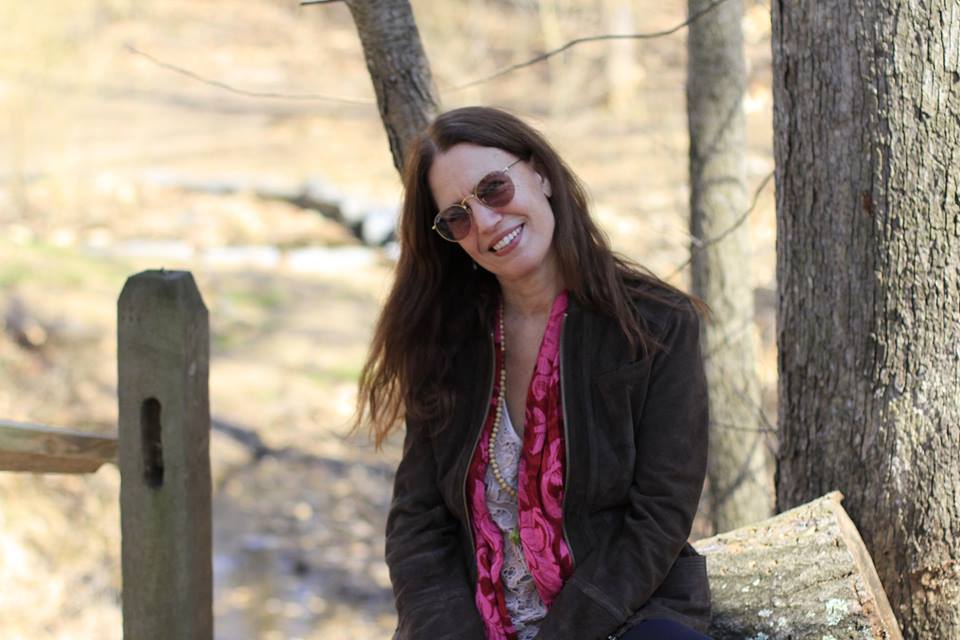
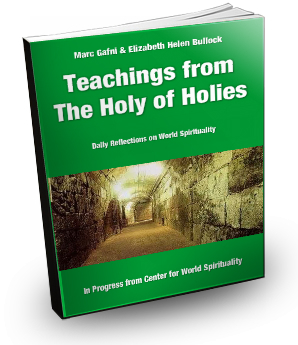
 Originally, creation was said to have been a one-time event, an erotic, divine implosion in which the primal line bisected the primal circle and cosmos poured forth. This image was recast by post Renaissance Hebrew mystics in the light of the re-ascendancy of circle consciousness. Hebrew Mystic Levi Isaac, for example, opens his commentary with a radical assertion: creation is happening every second. The force of love which is divinity is constantly pouring through existence. Indeed, it is existence itself.
Originally, creation was said to have been a one-time event, an erotic, divine implosion in which the primal line bisected the primal circle and cosmos poured forth. This image was recast by post Renaissance Hebrew mystics in the light of the re-ascendancy of circle consciousness. Hebrew Mystic Levi Isaac, for example, opens his commentary with a radical assertion: creation is happening every second. The force of love which is divinity is constantly pouring through existence. Indeed, it is existence itself.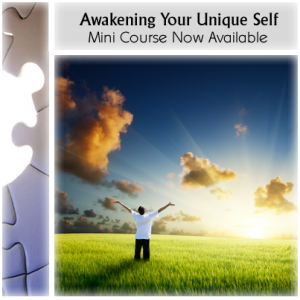
 Still more daring is the assertion of divine dependency on man which is made in the Talmudic masters audacious interpretation of a verse in the prophet Isaiah, “You are my witnesses says the Lord, and I am your God.” Explain the masters, “when you are my witnesses I am God, and when you are not my witnesses I am not God.”
Still more daring is the assertion of divine dependency on man which is made in the Talmudic masters audacious interpretation of a verse in the prophet Isaiah, “You are my witnesses says the Lord, and I am your God.” Explain the masters, “when you are my witnesses I am God, and when you are not my witnesses I am not God.”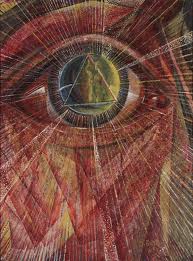 A second source of authority for the Bible is spoken of best by that greatly afflicted mythical figure, Job. Job tells us, “Through my flesh I vision God.” (Or, as nineteenth-century poet John Keats reformulated Job’s insight, “I am certain of nothing but of the holiness of the Heart’s affections and the truth of Imagination.”) For the mystical reader of biblical myth, to “vision God” is to understand being, for God and being are one.
A second source of authority for the Bible is spoken of best by that greatly afflicted mythical figure, Job. Job tells us, “Through my flesh I vision God.” (Or, as nineteenth-century poet John Keats reformulated Job’s insight, “I am certain of nothing but of the holiness of the Heart’s affections and the truth of Imagination.”) For the mystical reader of biblical myth, to “vision God” is to understand being, for God and being are one.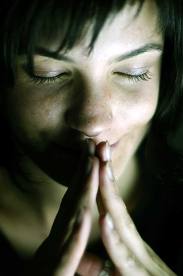 Prayer in its Original Face is also a fellowhip between God and man. God meets us as our friend in prayer.
Prayer in its Original Face is also a fellowhip between God and man. God meets us as our friend in prayer. If we come to understand that ethics is an erotic expression of our deeper divinity, we are truly moved to the ethical. For at that point we realize that it is an expression of our deepest selves, a response to the call of our own voice. Ethics, to be compelling and powerful, must be an expression of your erotic divine nature and not a contradiction to it. So when the prophet insists that God and the God within you is beyond nature, and can therefore act ethically against nature, they are referring only to your first nature, not to your deeper second nature. Your deeper nature is God.
If we come to understand that ethics is an erotic expression of our deeper divinity, we are truly moved to the ethical. For at that point we realize that it is an expression of our deepest selves, a response to the call of our own voice. Ethics, to be compelling and powerful, must be an expression of your erotic divine nature and not a contradiction to it. So when the prophet insists that God and the God within you is beyond nature, and can therefore act ethically against nature, they are referring only to your first nature, not to your deeper second nature. Your deeper nature is God. By Marc Gafni
By Marc Gafni We long for something deeper; something more, a higher and more noble authenticity. We masquerade in the mask of our wholeness knowing all along that it is but a charade; that we are part of larger whole with whom we yearn to be re-united. A shard of a shattered vessel whose hidden sparks seek to be uplifted and absorbed into the one even as they retain their sacred separate identity. “As the gazelle yearns after the stream of clear water, so does my soul long after you, my God.”
We long for something deeper; something more, a higher and more noble authenticity. We masquerade in the mask of our wholeness knowing all along that it is but a charade; that we are part of larger whole with whom we yearn to be re-united. A shard of a shattered vessel whose hidden sparks seek to be uplifted and absorbed into the one even as they retain their sacred separate identity. “As the gazelle yearns after the stream of clear water, so does my soul long after you, my God.” 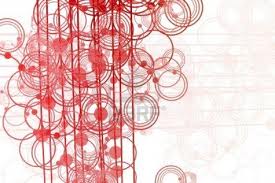 By
By 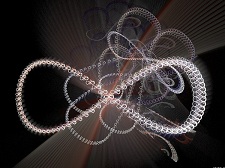 From
From 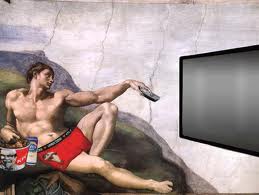 The unfolding of divine consciousness is not a purely intra-divine process. The great privilege of being a human being is that we participate in the evolution and healing of God. We are God’s healers. It is the evolution of the human spirit that catalyzes the evolution of God. When God and man meet in an evolutionary embrace redemption is achieved.
The unfolding of divine consciousness is not a purely intra-divine process. The great privilege of being a human being is that we participate in the evolution and healing of God. We are God’s healers. It is the evolution of the human spirit that catalyzes the evolution of God. When God and man meet in an evolutionary embrace redemption is achieved.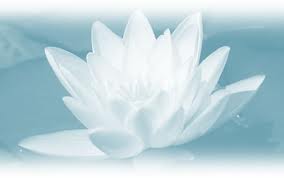
 (Silence.)
(Silence.) The vulgar world is already shouting, and with such a raucous rancor that truer voices can scarcely be heard at all. The materialistic world is already full of advertisements and allure, screams of enticement and cries of commerce, wails of welcome and whoops of come hither. I don’t mean to be harsh here, and we must honor all lesser engagements. Nonetheless, you must have noticed that the word “soul” is now the hottest item in the title of book sales–but all “soul” really means, in most of these books, is simply the ego in drag. “Soul” has come to denote, in this feeding frenzy of translative grasping, not that which is timeless in you but that which most loudly thrashes around in time, and thus “care of the soul” incomprehensibly means nothing much more than focusing intensely on your ardently separate self. Likewise, “Spiritual” is on everybody’s lips, but usually all it really means is any intense egoic feeling, just as “Heart” has come to mean any sincere sentiment of the self-contraction.
The vulgar world is already shouting, and with such a raucous rancor that truer voices can scarcely be heard at all. The materialistic world is already full of advertisements and allure, screams of enticement and cries of commerce, wails of welcome and whoops of come hither. I don’t mean to be harsh here, and we must honor all lesser engagements. Nonetheless, you must have noticed that the word “soul” is now the hottest item in the title of book sales–but all “soul” really means, in most of these books, is simply the ego in drag. “Soul” has come to denote, in this feeding frenzy of translative grasping, not that which is timeless in you but that which most loudly thrashes around in time, and thus “care of the soul” incomprehensibly means nothing much more than focusing intensely on your ardently separate self. Likewise, “Spiritual” is on everybody’s lips, but usually all it really means is any intense egoic feeling, just as “Heart” has come to mean any sincere sentiment of the self-contraction.